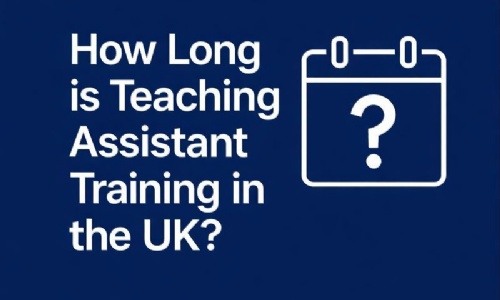Can I be a teaching assistant with no experience?
It is completely possible to become a teaching assistant in the UK with zero previous experience. Many people start their careers in education without having worked in a school before. Teaching assistant roles are often designed as entry points into education, especially for school leavers, career changers, or those returning to work.
What matters most is your willingness to learn, your interest in supporting children, and your ability to develop the skills needed in a classroom setting.






.png)
.png)
.png)
.png)
.png)
.png)
.png)
.png)